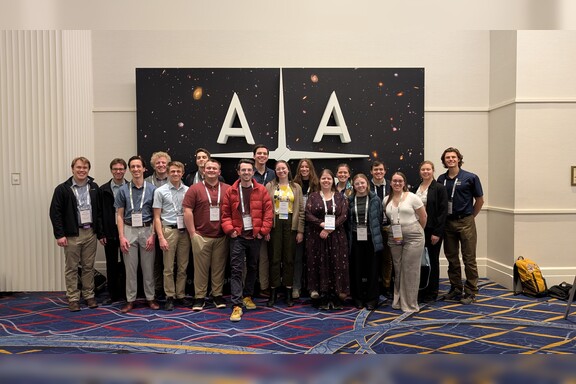Eric Hirschman received an Outstanding Service Award from the College of Physical and Mathematical Sciences. Eric transformed the department graduate student experience. Under his leadership, the graduate committee established a stronger culture of student connectedness through weekly “graduate gobbles.” Eric helps students progress through key milestones by carefully reviewing each prospectus, thesis, and dissertation. Beginning with admissions, Eric discovered faculty needs, matched applicants, and raised awareness of graduate fellowships. The average number of graduate student-authored papers per year increased nearly 50% during his tenure. Eric’s tireless efforts have helped move our program to greater distinction.
News and Events

This winter, ten students in BYU’s new “Advanced Planetary Astrophysics” taught by Darin Ragozzine course gained hands-on experience in planetary science research, mastering interdisciplinary skills to prepare for future careers in astronomy.

Starting Fall 2025, BYU will offer a new Applied Physics: Data Science major that combines rigorous physics training with data science skills to prepare students for the growing demand in data-driven careers.

BYU's new Biological Physics course introduces students to the physics behind biological processes, fostering interdisciplinary skills to tackle complex biological questions.
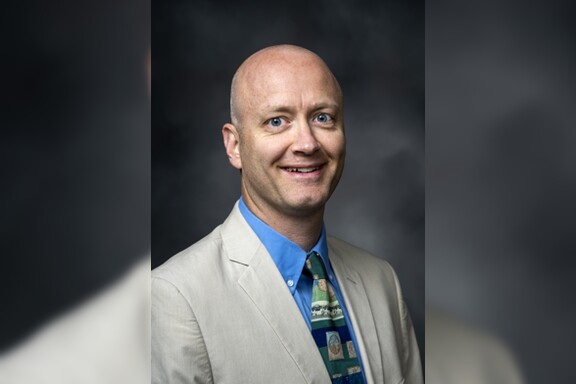
Dr. Kent Gee has been named the recipient of the Karl G. Maeser Distinguished Faculty Lecturer Award
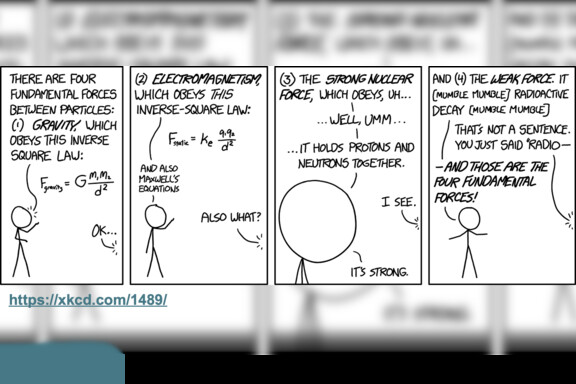
After 3 years of being offered as 513R, elementary particle physics is finally an official course and accepted for credit in the physics major!
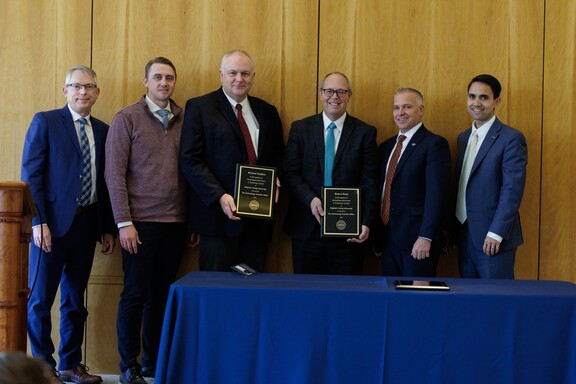
BYU Physics and Astronomy Professors Dr. Davis and Dr. Vanfleet recently received the 2024 award for outstanding achievement in technology transfer from the BYU Technology Transfer Office.
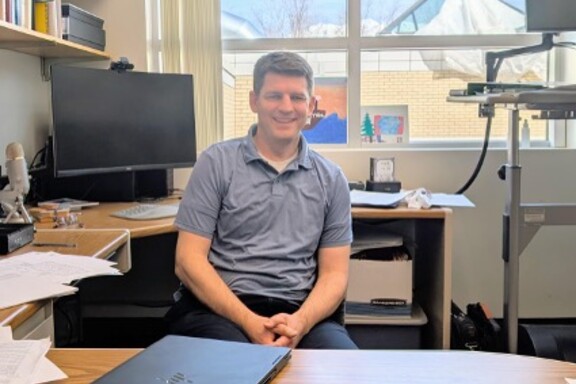
Dr. Michael Ware hopes to help students develop the skills to navigate discussion of science and religion

The university's new electron microscopy facility opened in fall of 2025, offering atomic-level imaging and student-led research.

Brian Anderson and his students celebrated BYU's 150th birthday by blowing out candles using high-intensity focused sound waves.
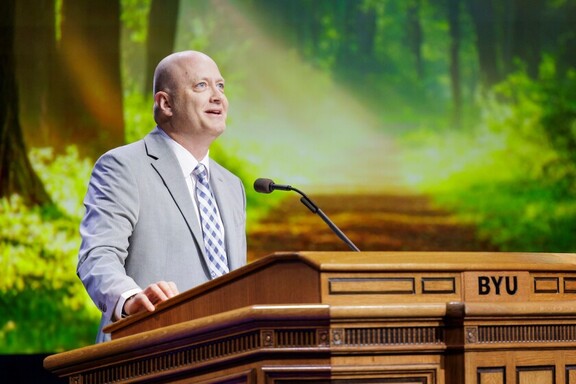
This year’s Karl G. Maeser Distinguished Faculty Lecturer, Kent Gee, delivered his forum address on the science of sound and how he and BYU students have contributed to significant research in the acoustics industry.
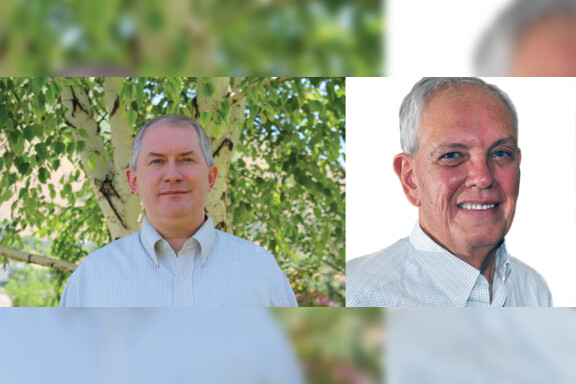
In July 2025, Drs. Branton Campbell and Harold Stokes (BYU Emeritus Professor) will receive the Kenneth N. Trueblood Award from the American Crystallographic Association for exceptional achievement in computational crystallography.
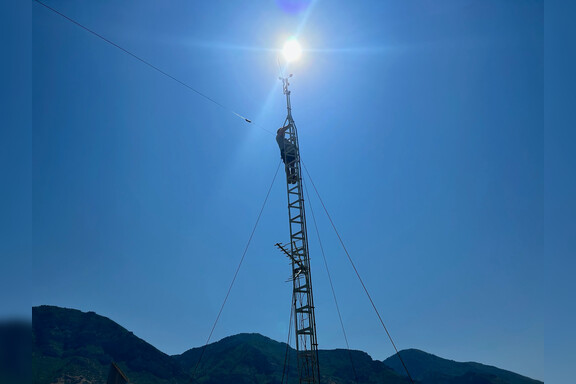
A group of undergraduate students braved the heat and heights of the ESC roof to install a new weather station. The station is up and running, and will hopefully record data for years to come.
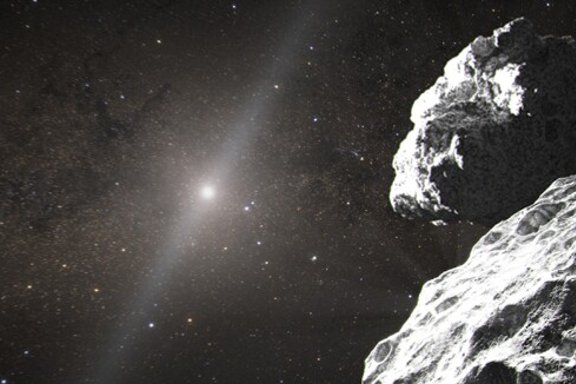
Using data from NASA's Hubble Space Telescope, a new study suggests that an object previously thought to be a binary system may be a rare triple system of orbiting bodies.

